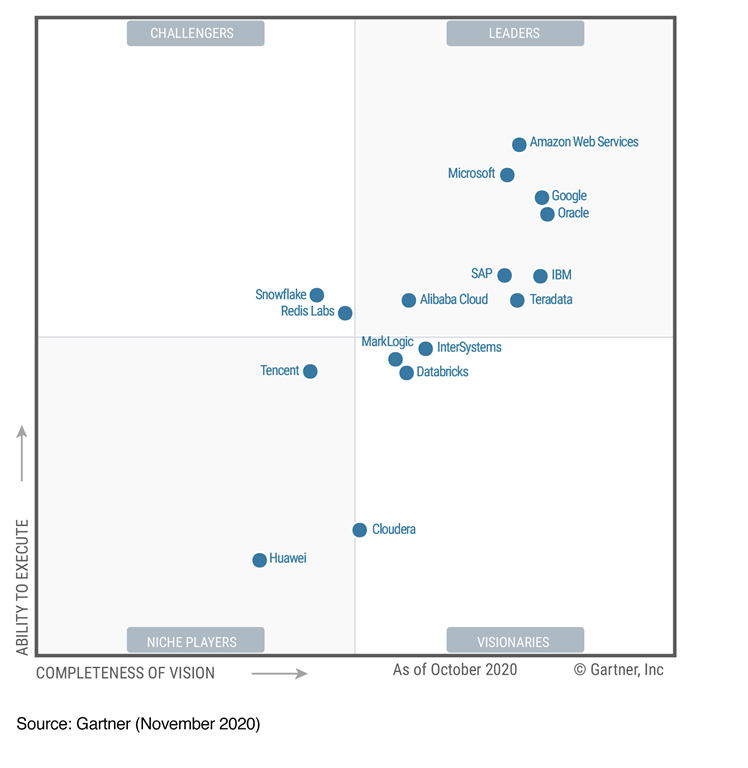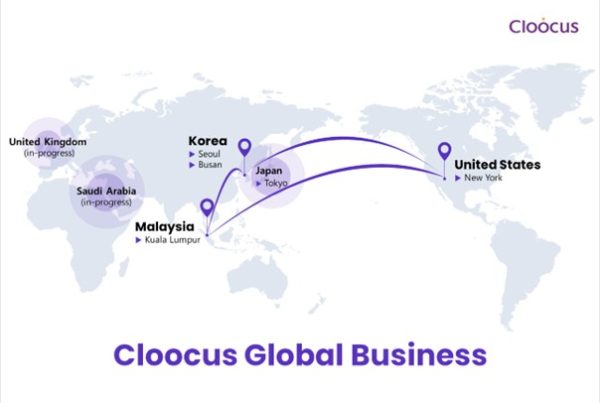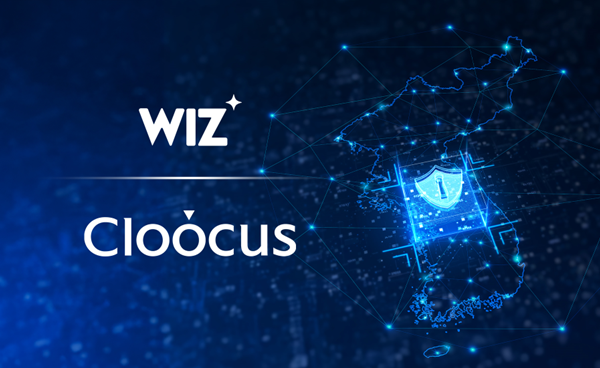Microsoft would like to share that Microsoft has been named a Leader in the 2020 Gartner Magic Quadrant for Cloud Database Management Systems. Microsoft’s placement is based on Microsoft’s ability to execute and Microsoft’s completeness of vision and is a testament to Microsoft’s ongoing innovation and integration of a broad data portfolio into a cohesive cloud data ecosystem.
Cloud and data technologies have been the focal point of digital transformation as organizations democratize and modernize their data platforms to turn data into a strategic asset. Microsoft’s customers have shown tremendous resilience as entire industries have shifted under a landscape of economic uncertainty and they rely on Azure for a full range of use cases. Gartner evaluated these use cases across a wide range of industries and deployment sizes for this Magic Quadrant.
 Figure 1: Magic Quadrant for Cloud Database Management Systems¹
Figure 1: Magic Quadrant for Cloud Database Management Systems¹
A strong data ecosystem
In the twenty-five years since SQL Server was first released, Microsoft has consistently delivered value to Microsoft’s database customers, starting by building support for operational, business intelligence, and analytical workloads into a single SQL Server product. With the launch of Azure SQL Database in 2010, Microsoft brought that same mindset to delivering a fully managed, evergreen database that never needs to be patched or upgraded.
Microsoft supports customers’ digital transformation through a comprehensive and connected ecosystem that provides a clear path for cloud migration and app modernization. Azure services across the portfolio easily integrate with each other and third-party offerings, expanding capabilities beyond what was possible on-premises. For example, Azure Synapse Analytics combines the best of enterprise data warehousing and Big Data analytics into a unified experience that delivers powerful insights at limitless scale.
Familiar tools and environments between on-premises and Azure mean that Microsoft’s customers can reuse their skills and experience in the cloud. Azure SQL demonstrates this with support for SQL Server workloads over a variety of application patterns while maintaining the most consistent SQL Server code base of any public cloud.
We’ve further expanded the breadth and depth of Microsoft’s portfolio with multi-model capabilities across data management offerings, making deployment simple and straightforward. Azure Cosmos DB is designed for developers with a wide range of APIs spanning SQL and NoSQL and provides near real-time analytics with Azure Synapse Link. This tighter integration between Microsoft’s analytics and operational databases brings instant clarity and further accelerates new insights for Microsoft’s customers’ businesses.
Global insights and momentum
According to Gartner, the cloud infrastructure and platform services market grew 42 percent year-on-year (2018-2019), with PaaS databases growing 53.8 percent year-on-year over the same period.² Looking ahead to the next two years, Microsoft sees accelerated momentum continuing to reshape the data landscape with databases that are truly built for the edge, empowering organizations to store and process their data at or near the collection point including built-in intelligence and analytics. In addition, hybrid multi-cloud scenarios will allow customers to run workloads across on-premises and cloud infrastructures.
¹ This graphic was published by Gartner, Inc. as part of a larger research document and should be evaluated in the context of the entire document. The Gartner document is available upon request from Microsoft. Gartner does not endorse any vendor, product, or service depicted in its research publications and does not advise technology users to select only those vendors with the highest ratings or other designation. Gartner research publications consist of the opinions of Gartner’s research organization and should not be construed as statements of fact. Gartner disclaims all warranties, expressed or implied, with respect to this research, including any warranties of merchantability or fitness for a particular purpose.
² “Market Share: Enterprise Public Cloud Services, Worldwide, 2019.” Gartner, Inc.





